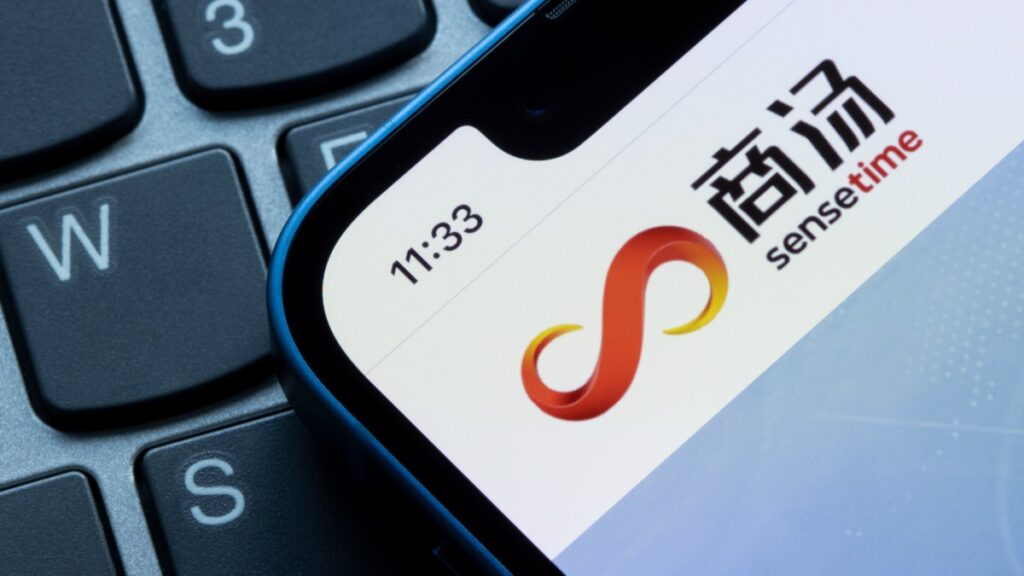
A week after removing its listing from Hong Kong Stock Exchange, Chinese Artificial Intelligence (AI) startup, SenseTime Group, relaunched its $767 million initial public offering (IPO) on Monday.
The company pulled out its offering amidst escalating geopolitical tension between China and the U.S. after Washington accused the firm of creating facial recognition tools to identify people’s ethnicity, especially those in the Uyghurs region.
According to regulatory filings, the startup preserved its initial target to put on the market 1.5 billion shares, valued between 0.49 and 0.51 per share. While the final valuation will be revealed on Thursday, SenseTime will depend on cornerstone investors to acquire an estimate of $511 million worth of shares – around 67 percent – escalating from the primal $450 million – 58 percent – previously offered on the market.
The tech company disclosed that its insertion in the U.S. blacklist did not restrict its operations; however, it further added that the predominant absence of U.S. support from investors could hinder its capacity to mount capital and decrease trading liquidity.
On December 10, the U.S. Treasury expanded its blacklist by adding more “Chinese military-industrial complex companies,” prohibiting American tech firms from pumping investments in specific companies.
“Our group products and services are intended for civilian and commercial uses and not for any military application,” the AI firm stated in its revised filing on Monday.
Last week, the U.S. Congress legislated a bill demanding tech companies to verify that any equipment imported from China’s Xinjiang territory was not developed with forced labor.
In parallel, last week, the U.S. Treasury Department added famous Chinese drone maker, DJI, alongside seven other companies, to its investment inclusion list. This expansion reached American diplomatic influence, with the U.S. disclosing that it has no intentions of sending diplomats to Beijing for the 2022 Winter Olympics.
Other allied countries joined the U.S. stance on China’s human rights violation, including Canada and the UK.
The announcement sent Chinese tech companies’ shares to plunge as investors were overwhelmed with concerns of the rippling effect the blacklist might have on the country’s tech sector.
Foreign legislators and parliament members defined Uyghur’s citizens’ maltreatment as genocide, showcasing evidence of involuntary sterilizations and casualties inside the camps. Beijing openly denied any association to these allegations, claiming the population is on exponential growth and is above the national standard.